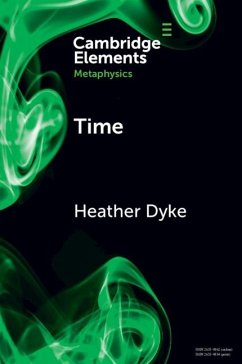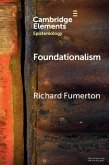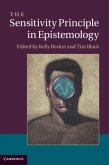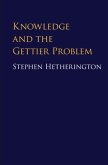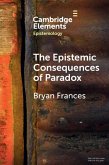Philosophical thinking about time is characterised by tensions between competing conceptions. Different sources of evidence yield different conclusions about it. Common sense suggests there is an objective present, and that time is dynamic. Science recognises neither feature. This Element examines McTaggart's argument for the unreality of time, which epitomises this tension, showing how it gave rise to the A-theory/B-theory debate. Each theory is in tension with either ordinary or scientific thinking, so must accommodate the competing conception. Reconciling the A-theory with science does not look promising. Prospects look better for the B-theory's attempt to accommodate ordinary thinking about time.
Dieser Download kann aus rechtlichen Gründen nur mit Rechnungsadresse in A, B, BG, CY, CZ, D, DK, EW, E, FIN, F, GR, HR, H, IRL, I, LT, L, LR, M, NL, PL, P, R, S, SLO, SK ausgeliefert werden.

